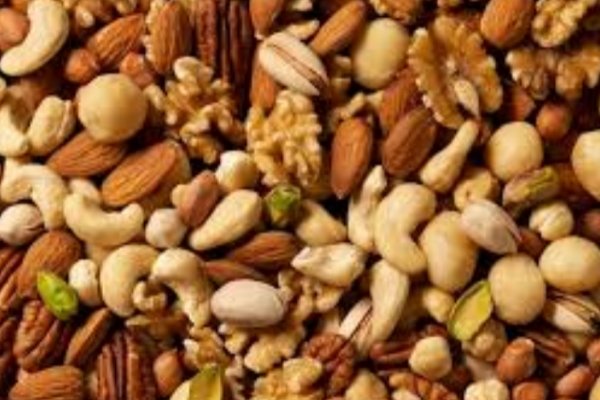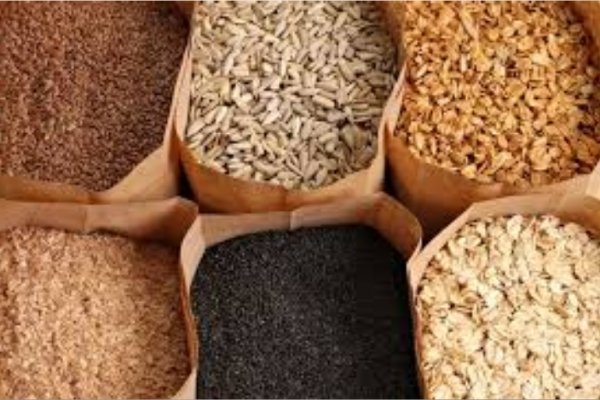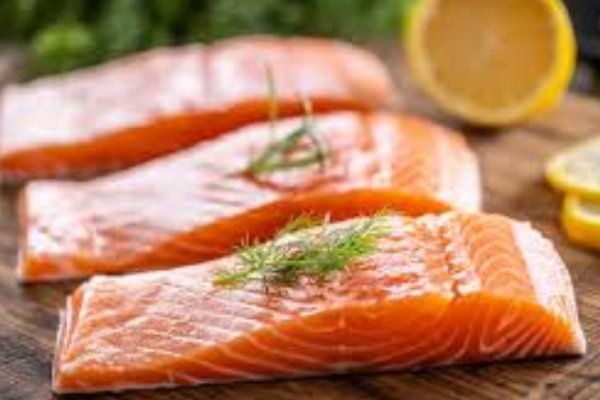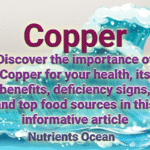Manganese
Manganese might not be as buzzworthy as some other nutrients, but its role in our health is pretty significant. Think of it as the unsung hero of our body’s functioning.
Importance of Manganese
So, why does manganese matter? Well, it’s a key player in various bodily processes, like metabolism, bone formation, and immune system function. It acts as a co-factor for many enzymes, helping them do their jobs effectively.
Benefits of Manganese
When it comes to health benefits, manganese is like a behind-the-scene supporter. It helps with wound healing, bone health, and even blood sugar regulation. Plus, it’s an antioxidant, which means it fights off those pesky free radicals that can cause damage to our cells.
Food Sources of Manganese
Here are some food and natural sources of manganese along with brief explanations:
1. Nuts and Seeds:
Almonds, pecans, walnuts, pumpkin seeds, and sesame seeds are excellent sources of manganese. Snacking on a handful of nuts or seeds can boost your manganese intake.
2. Whole Grains:
Whole grains like oats, brown rice, quinoa, and whole wheat bread are rich in manganese. Incorporating these grains into your meals can help meet your manganese needs.
3. Leafy Green Vegetables:
Dark leafy greens such as spinach, kale, and Swiss chard contain significant amounts of manganese. Including these veggies in salads, stir-fries, or smoothies adds both flavor and nutrients.
4. Legumes:
Beans, lentils, and chickpeas are good sources of manganese. These versatile legumes can be added to soups, stews, salads, or enjoyed as a main dish.
5. Tea:
Certain varieties of tea, particularly green tea, contain manganese. Enjoying a cup or two of tea throughout the day can contribute to your manganese intake while providing other health benefits.
6. Whole Fruits:
Fruits like pineapple, raspberries, strawberries, and bananas contain manganese. Adding a variety of fruits to your diet ensures a diverse range of nutrients, including manganese.
7. Seafood:
Some types of seafood, such as mussels, clams, and crayfish, are sources of manganese. Incorporating seafood into your meals provides not only manganese but also essential omega-3 fatty acids and protein.
8. Spices:
Certain spices like cloves, cinnamon, and turmeric contain manganese. Using these spices in cooking or adding them to beverages can contribute to your manganese intake while enhancing flavor.
These natural sources of manganese are readily available and can be included in a balanced diet to support overall health and well-being.
Spotting the Signs: Deficiency Symptoms of Manganese
Now, let’s talk about what happens when we don’t get enough manganese. Deficiency isn’t super common, but when it does occur, it can lead to issues like weak bones, poor growth in children, and even fertility problems. Signs to watch out for include fatigue, joint pain, and poor wound healing.
Ways to Determine Manganese Deficiency
Detecting a manganese deficiency isn’t always straightforward, but if you’re experiencing any of those symptoms, it’s worth chatting with your doctor. They can run tests to check your manganese levels and recommend dietary changes or supplements if needed.
Sources of Manganese
Speaking of which, getting enough manganese isn’t too tricky. It’s found in various foods like nuts, seeds, whole grains, and leafy green veggies. So, keeping a balanced diet rich in these foods is a great way to ensure you’re getting your manganese fix.
A Salute to Manganese
In a nutshell, manganese might not steal the spotlight, but it plays a crucial role in keeping our bodies ticking along nicely. So, let’s give a little shoutout to this underrated nutrient for all the hard work it does behind the scenes!









